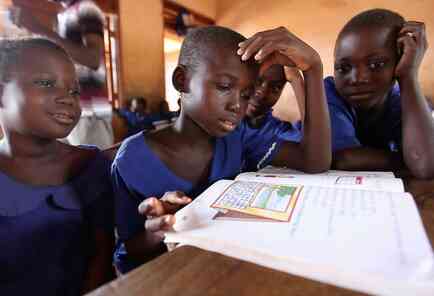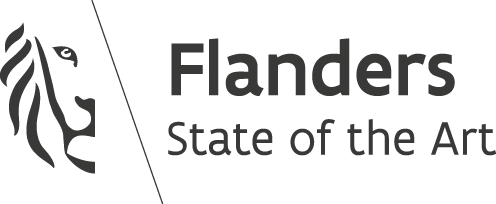The British Council of Sub-Saharan Africa aims for inclusive classrooms and believe in its positive benefits. That is why they developed Teaching for All, an ambitious material and teacher development project. This video shows the importance of the project in the multilingual situation of South Africa.
Research has shown that it is best for children to learn in their home language. Since the average South African school is multilingual, this is not always easy for a teacher. There are many languages to consider and on top of that, by the fourth grade, the learning language suddenly switches to English. That is hard for pupils since most of them do not master English enough to be learned in it. Itumeleng Mashego (Grade 4 Sepedi and Grade 7 mathematics teacher at the Emasangweni Primary School): “In the transition to grade 4 is when pupils experience problems. I find that they skip vowels or consonants. That is when we need to help them.”
Continue to read below the video.
The language used in education can be a major barrier to inclusiveness and can affect the progress of pupils in primary education, especially for children from disadvantaged backgrounds. This is where language-supported learning comes in, scaffolding strategies can be used to support learning by breaking down lessons into manageable chunks. The scaffolding strategy requires an understanding of what learners can do and what they may have difficulties with.
Nonhlanhla Moleli (Grade 4 English, natural science and life skills teachers Emasangweni Primary School) applies multilingualism in her class: “We normally write a sentence in English, followed by writing in the pupil's native language. It helps a lot to use different languages because that is what they know. I also use flashcards in the different native languages as a device and a buddy system where the more advanced children help the ones with learning difficulties. With scaffolding, the questions are the same but, you make sure you are accommodating everyone.”
With the support of teachers, pupils can rise to the challenge of surpassing their current skills and level of knowledge. Today, decolonisation is the priority, which implies absorbing languages and knowledge from Africa so that both teachers and pupils can be empowered. Teachers need to understand that the more languages they speak, the richer they are.
|
English





